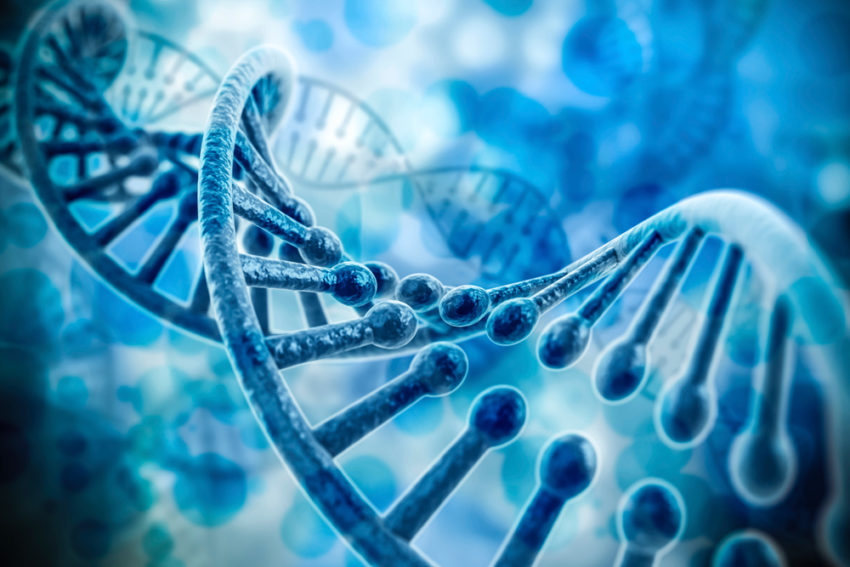Our cells are constantly dividing, and as they do, the DNA molecule – our genetic code – sometimes gets broken. DNA has twin strands, and a break in both is considered especially dangerous.
This kind of double-strand break can lead to genome rearrangements that are hallmarks of cancer cells, said James Daley, PhD, of the Long School of Medicine.
Dr. Daley is the first author of research, published June 18 in the journal Nature Communications, that sheds light on a double-strand break repair process called homologous recombination.
Joined by senior authors Patrick Sung, DPhil, and Sandeep Burma, PhD, and other collaborators, Dr. Daley found that among an array of mechanisms that initiate homologous recombination, each one is quite different.


